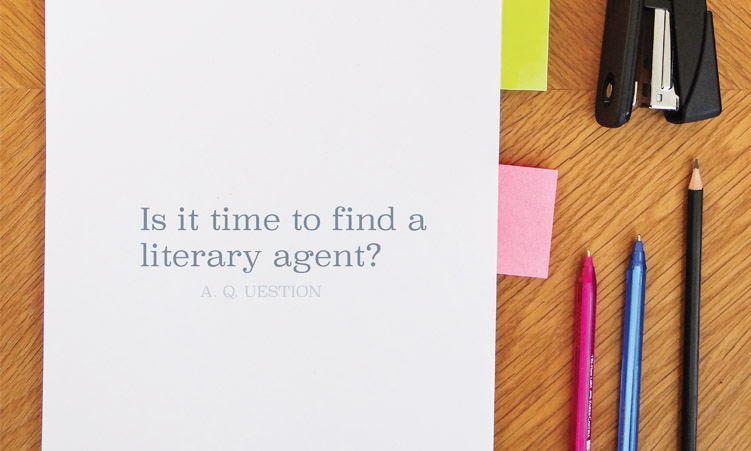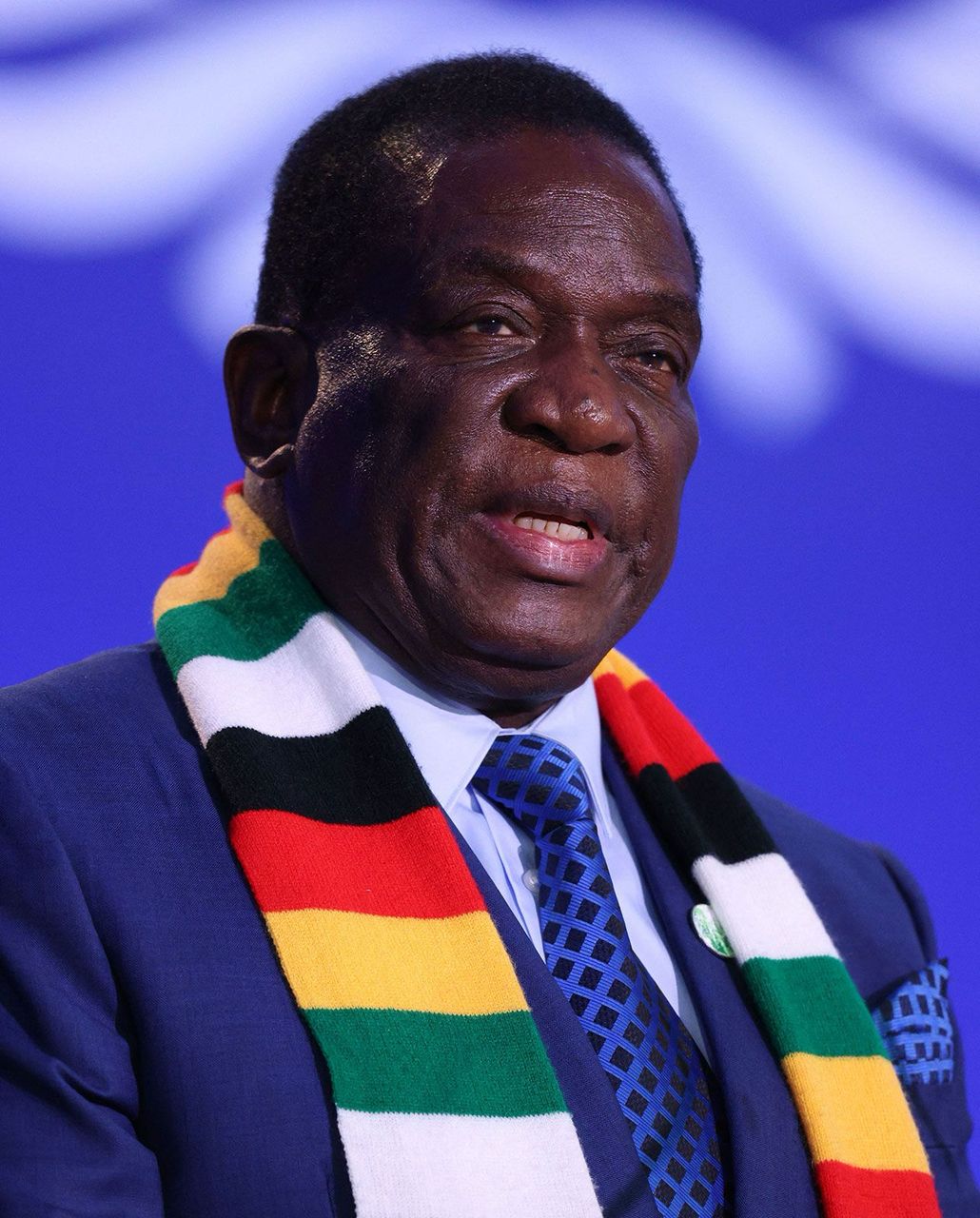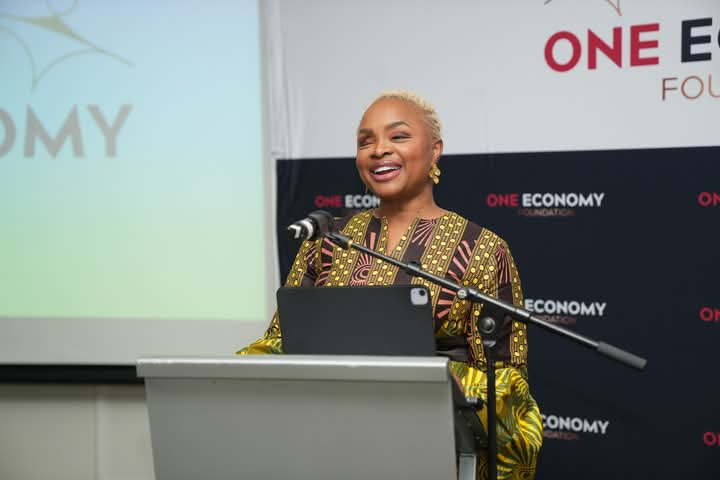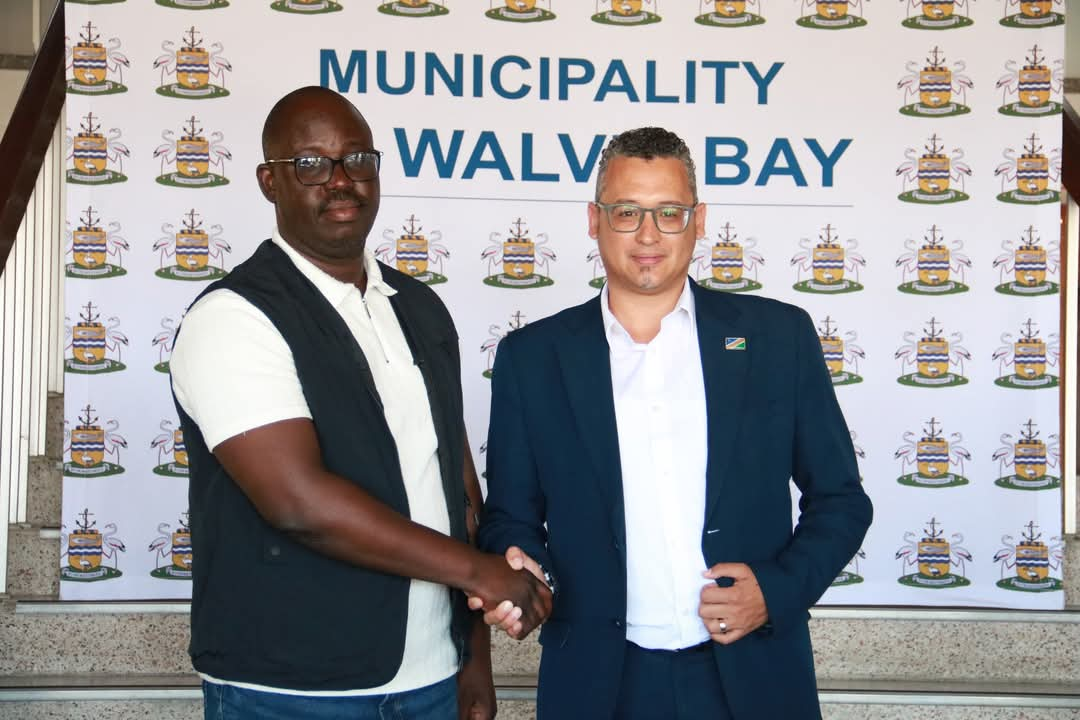If you’ve ever dreamt of seeing your novel on a bookstore shelf or having BookTok ablaze with gushing reviews of your incendiary debut, chances are, you’ve wondered when to get a literary agent.
After the thrill of a live reading by Maaza Mengiste (The Shadow King), profound ruminations on freedom through reading and writing and three rousing days of the recent Doek Literary Festival, featured literary agent Cecile Barendsma had some answers.
Before we get to them, it’s probably best to define what a literary agent is. To describe one of their most basic functions, literary agents are people who assist writers in selling their stories or manuscripts which are eventually published as books.
“An agent represents the author’s rights and their well-being in front of the publisher,” says Barendsma during her Doek Literary Festival workshop titled ‘The Writer & Their Rights – A Basic Guide’.
The cohort attending the workshop at The Village at Windhoek was comprised entirely of women whose backgrounds include community outreach, journalism, singing and engineering. Their literary aspirations range from publishing short story collections to making their mark as poets, nonfiction writers and novelists.
“Once you’ve found an agent, it doesn’t mean you have a publisher. It’s a stage in the process, but that person will be on your side. That person will do anything and try everything they can to get you the best possible placement and deal,” says Barendsma.
“During a festival panel, author Femi Kayode said that, because he writes crime novels, he specifically looked for an agent who is interested in the genre or who represents other authors in that space. So that is a way to start identifying potential agents.”
Barendsma also suggests aspiring authors take note of the names of relevant or potential agents noted on the acknowledgement page of published books.
“You can then research the agent and see if they work with authors who have an international appeal or if they’re an agent who represents crime, young adult, literary fiction or commercial fiction,” she says.
Many literary agents have an online presence such as a website with an electronic submission page. Barendsma advises you follow the submission instructions to the letter and be patient about receiving a response.
“In the past, authors were sending out hard copies of their manuscript. Today, it really works to your advantage in a way.”
Highlighting the different ways one can gain the attention of a potential agent, Barendsma, who represents award-winning local author and Doek Literary Festival founder Rémy Ngamije, shares how they got connected. Basically, and to quote the cool kids, she “slid into his DMs” on Instagram after admiring his short stories online.
“Rémy is incredibly good at submitting to magazines that don’t ask for a fee and are happy to receive international submissions,” says Barendsma.
Finally, to answer the question of when to get an agent, Barendsma says, when you’ve completed your book.
“When you have the full manuscript, vetted by all your writer friends, writing groups and people who read,” she says. “Get it ready and into the best possible shape with your community of like-minded writers.”
Though finding an agent can be daunting, and a young woman says she feels discouraged by the fact that she lives in Namibia – “a place nobody has even heard of” – Barendsma believes the digital age and its resultant connectivity have somewhat levelled the playing field.
“A word of encouragement, because you’ve mentioned Namibia is a small country that not many people know, it almost doesn’t matter,” says Barendsma.
“It might even give you an edge because it’s something new and unique. You have a different story to tell. You can reach out to agents in the United States, United Kingdom and in South Africa who are internationally active,” Barendsma says.
“I know it’s not easy, but publishing isn’t easy anywhere,” she says.
“Don’t count yourself out.”
– martha@namibian.com.na; Martha Mukaiwa on Twitter and Instagram; marthamukaiwa.com
Stay informed with The Namibian – your source for credible journalism. Get in-depth reporting and opinions for
only N$85 a month. Invest in journalism, invest in democracy –
Subscribe Now!










